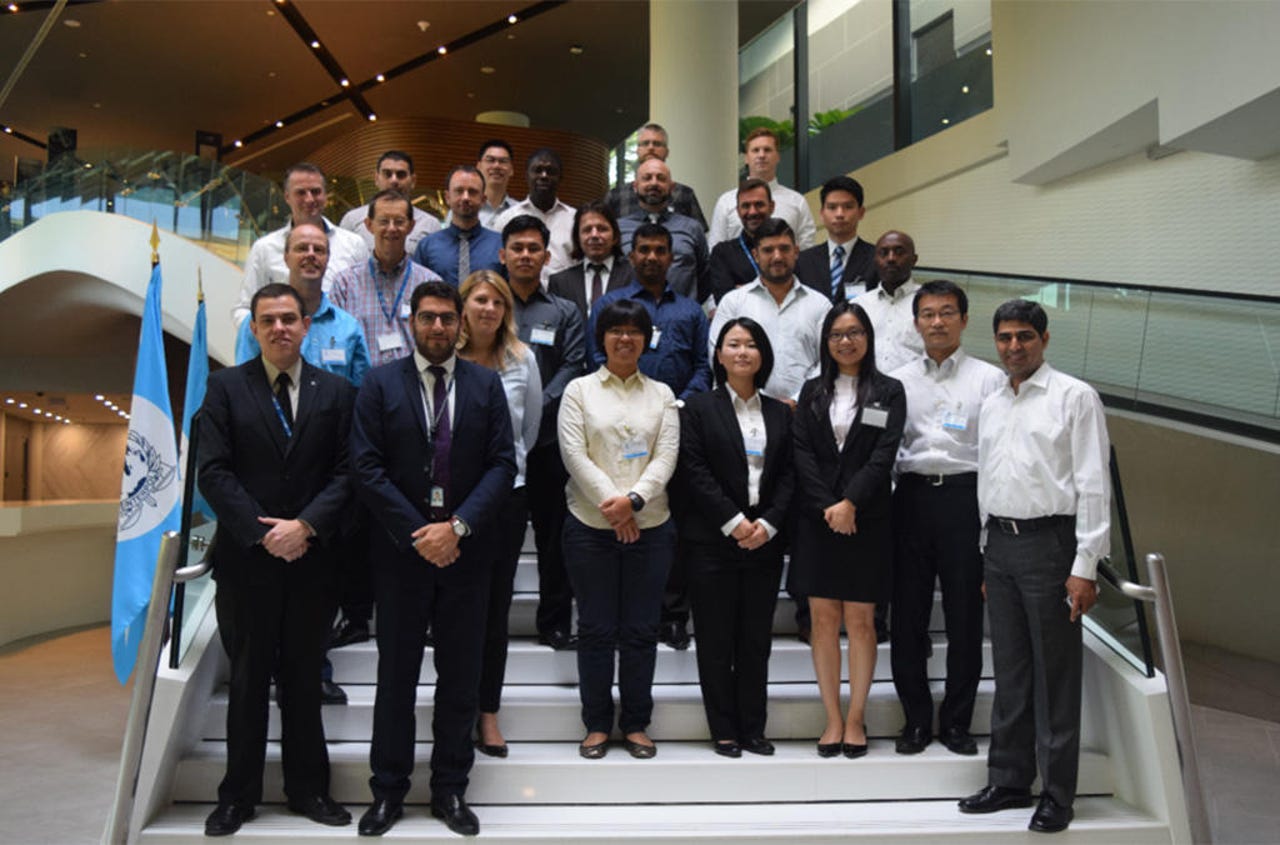Interpol is training police to fight crime on the Darknet


The students did not, it seems, explore the Darknet itself. Interpol said in a statement that its Cyber Research Lab "created its own private Darknet network, private cryptocurrency and simulated marketplace, recreating the virtual 'underground' environment used by criminals to avoid detection."
This simulated Darknet enabled students to play roles as vendors, buyers and administrators to learn how Tor network hidden services actually work. "Exercises also included live law enforcement 'take downs' of the simulated market places."
Tor, the onion router, is designed to provide online privacy, which makes it attractive to governments, political activists, journalists, and "whistle blowers" such as Edward Snowden. But online privacy also attracts people who want to pursue illegal activities, such as drug dealing. This aspect will attract an increasing amount of attention from law enforcement officers as the Darknet expands and more people learn how to protect their privacy.
Interpol, the International Criminal Police Organization, was founded in 1923 to help fight crime on a global basis, and 190 countries are members. It has no police officers, but enables the exchange of information about organized crime. drug trafficking, weapons smuggling, money laundering, child pornography, online crime and so on. "It is strictly forbidden for the Organization to undertake any intervention or activities of a political, military, religious or racial character."
Police forces have had some successes in the past two years, taking down the Silk Road drug-dealing site in 2013 and more than 400 services in Operation Onymous in November 2014. However, new services soon emerge to replace them.